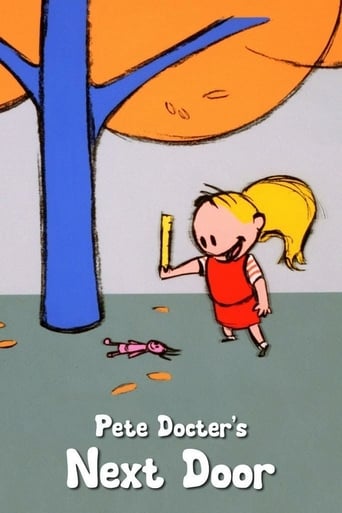
14 Sep 1990

Next Door
An old square-headed man tries to watch TV while a little girl makes a playful ruckus outside. Preserved by the Academy Film Archive in 2006.
Begins with a three beat announcement drawn out in time which thereafter serves as a figure to divide the four sections. Each return of this figure is more condensed, and finally used in reverse to conclude the film. Preserved by the Academy Film Archive in 2004.

14 Sep 1990

An old square-headed man tries to watch TV while a little girl makes a playful ruckus outside. Preserved by the Academy Film Archive in 2006.
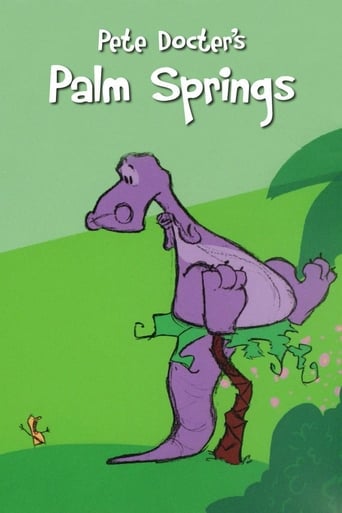
31 Dec 1989

This short is about a purple dinosaur named Sigmund, who likes to bounce on top of trees. Preserved by the Academy Film Archive in 2011.
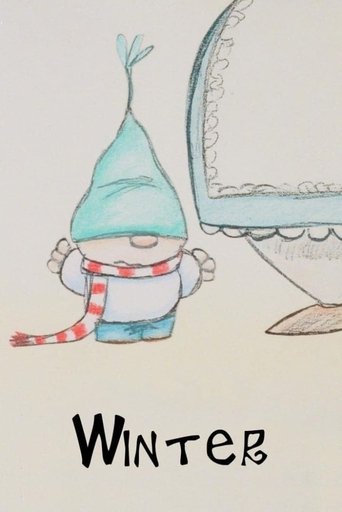
19 Jun 1988

This delightful story is simply about a boy wanting to go outside and play in the snow. After getting all bundled up by his mother, the boy has found that he is unable to move! Preserved by the Academy Film Archive in 2011.
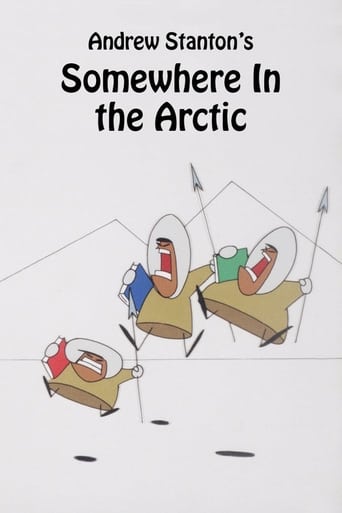
25 Jun 1986

A polar bear is hunted by Eskimos. But suddenly the hunt gets interrupted. Preserved by the Academy Film Archive.
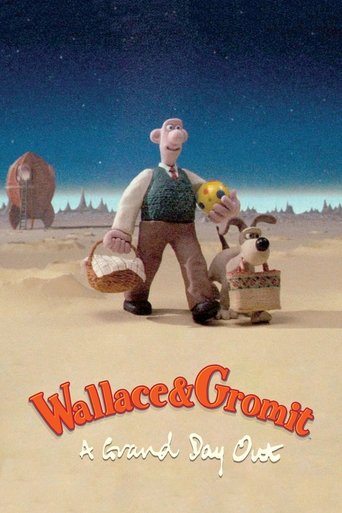
18 May 1990

Wallace and Gromit have run out of cheese, and this provides an excellent excuse for the duo to take their holiday to the moon, where, as everyone knows, there is ample cheese. Preserved by the Academy Film Archive.
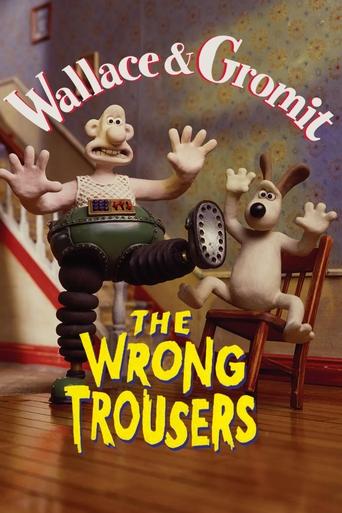
17 Dec 1993

Wallace rents out Gromit's former bedroom to a penguin, who takes up an interest in the techno pants created by Wallace. However, Gromit later learns that the penguin is a wanted criminal. Preserved by the Academy Film Archive.
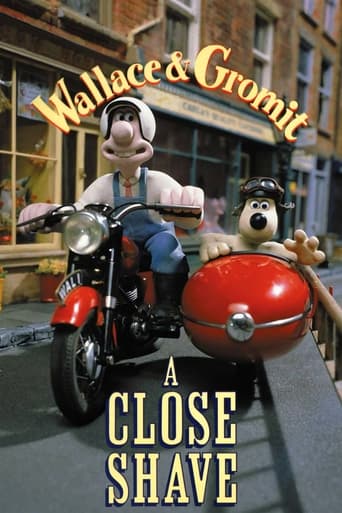
07 Mar 1996

Wallace's whirlwind romance with the proprietor of the local wool shop puts his head in a spin, and Gromit is framed for sheep-rustling in a fiendish criminal plot.
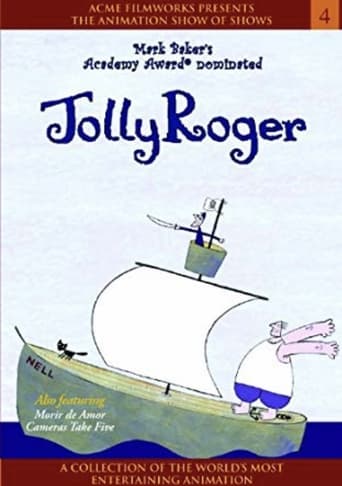
18 Oct 1999

After marauding and sinking another ship, a band of pirates capture a female passenger, then send her overboard as punishment for her defiance. She vows revenge, and fortunately is rescued by a small passing ship carrying only its captain, his first mate and a cat. They cross paths with the pirates, but both sides - after seeming to have victory within their grasp - meet a fate neither could have predicted. Preserved by the Academy Film Archive in 2008.
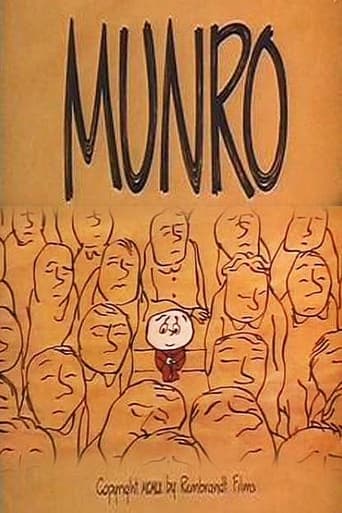
09 Nov 1961

A four-year-old boy is drafted into the army. Preserved by the Academy Film Archive in 2004.
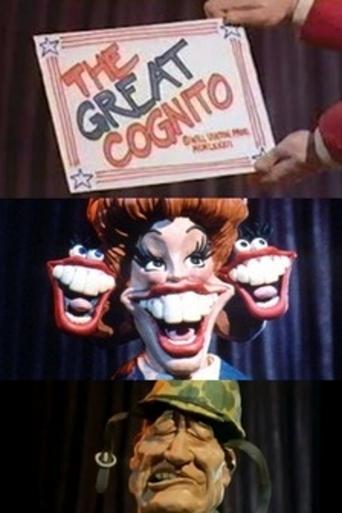
02 Jan 1982

The film tells of a music hall impressionist who caricatures personalities from the second world war. Animated by Barry Bruce at Will Vinton Productions. Preserved by the Academy Film Archive in 2012.
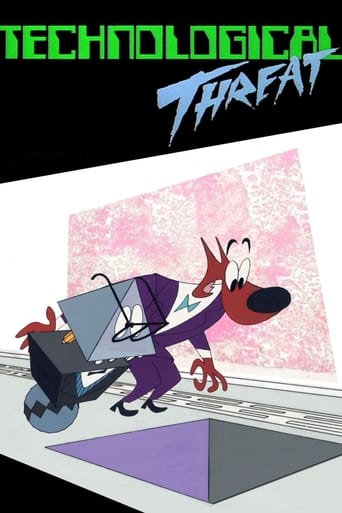
15 May 1988

Human fear of technology is portrayed in this very amusing futuristic parody. Preserved by the Academy Film Archive in 2013.

01 Jan 1983

A character closely resembling then-mayor Ed Koch sings a variation on the "Theme from 'New York, New York'" in an entirely clay-animated film depicting a variety of locations and celebrities associated with New York City. Preserved by the Academy Film Archive in 2006.
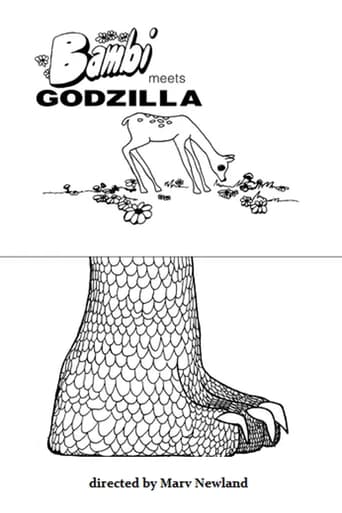
10 Jul 1969

Bambi is nibbling the grass, unaware of the upcoming encounter with Godzilla. Who will win when they finally meet? Preserved by the Academy Film Archive in 2009.
01 Jan 1987
The story of a starving third-world infant, set to a song by Harry Chapin. Preserved by the Academy Film Archive in 2015.

17 Mar 1977

Begins as a whimsical piece with 'sheets' of lines running down the screen, progressing into more and more complex geometic patterns but without deviating from the basic precepts of 'dot and line' animation. Jazz piano on a lazy Sunday afternoon, and a spring color palette. -- Stephanie Sapienza. Preserved by the Academy Film Archive in 2001.
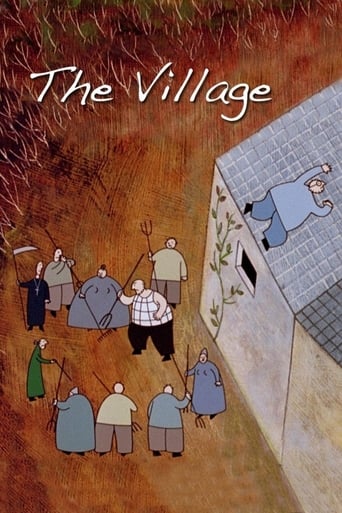
01 May 1993

A village is ruled by the church, but is filled with hypocritical sinners who constantly spy on each other. Preserved by the Academy Film Archive in 2008.
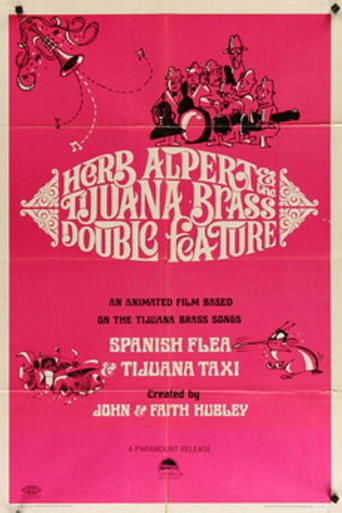
01 Apr 1966

A prototype of modern music videos, this is an animated film set to the music of two popular tunes recorded by Herb Alpert and his Latin-flavored brass ensemble - "Spanish Flea" and "Tijuana Taxi". Preserved by the Academy Film Archive in 2003.
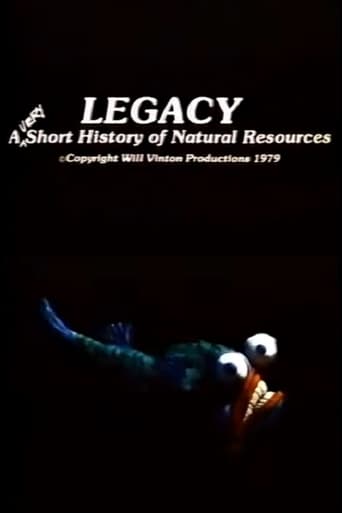
17 Dec 1979

Legacy takes the audience on a rapid-fire journey through the evolution of the world, starting with a cosmic bang, evolving through billions of years of plants, animals and the creation of natural resources, ending with man and his bounty – “sitting on his world contemplating his coconut”. Preserved by the Academy Film Archive in 2012.
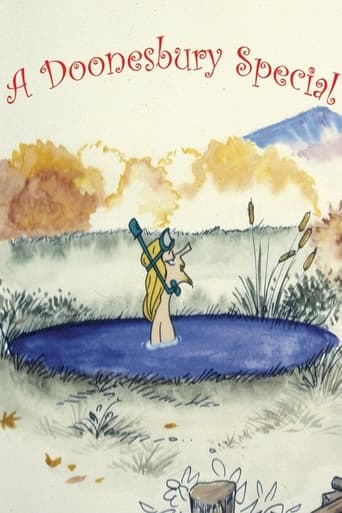
27 Nov 1977

Garry Trudeau's classic characters (Mike Doonesbury, Zonker, etc.) examine how their lifestyles, priorities, and concerns have changed since the end of their idealistic college days in the 1960s. Preserved by the Academy Film Archive in 2012.
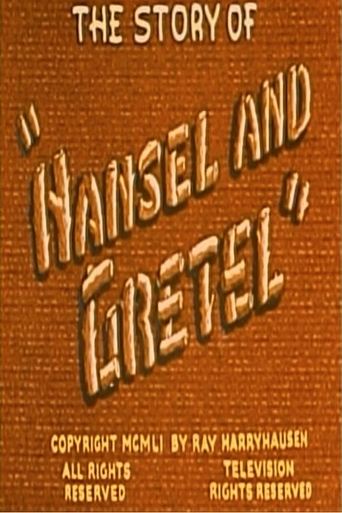
05 Feb 1951

Stop-motion puppetry version of the classic fairy tale. Preserved by the Academy Film Archive in 2004.